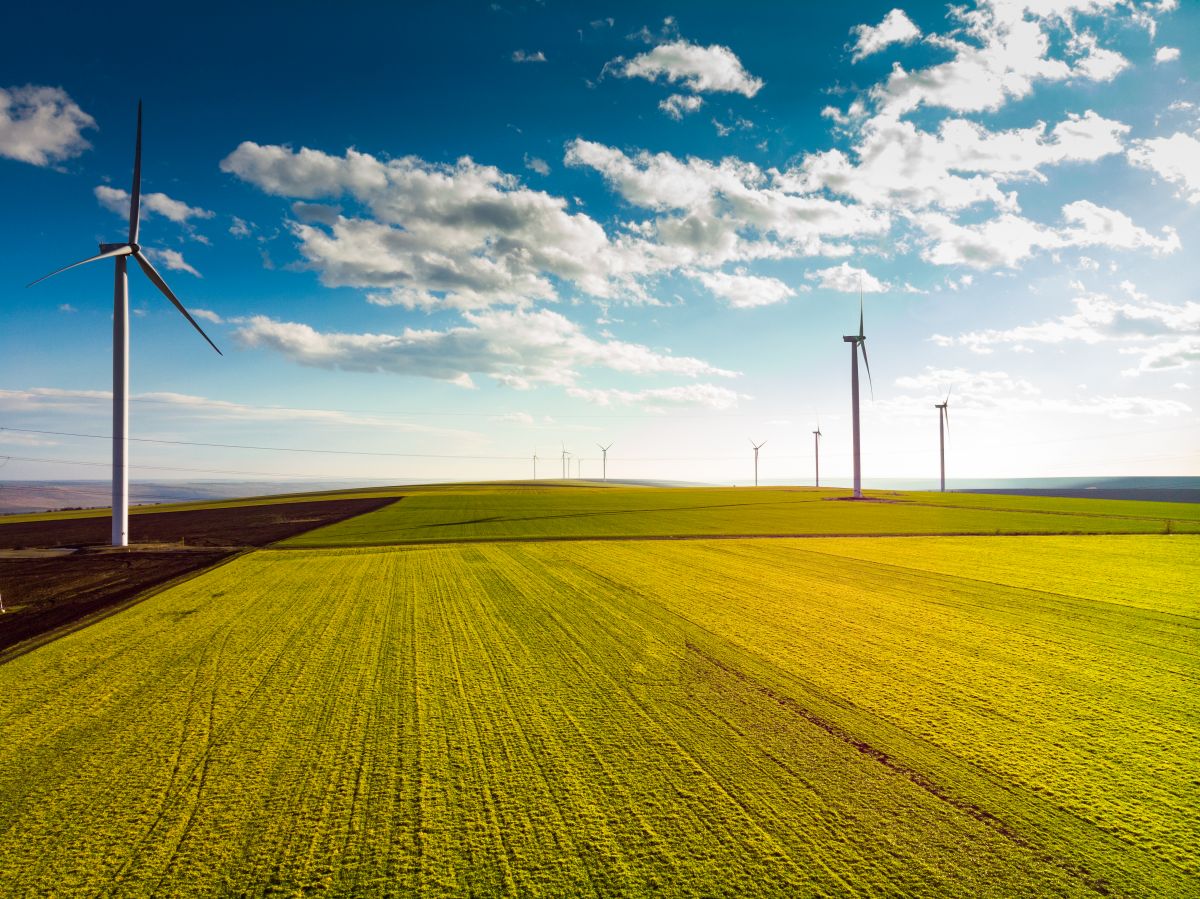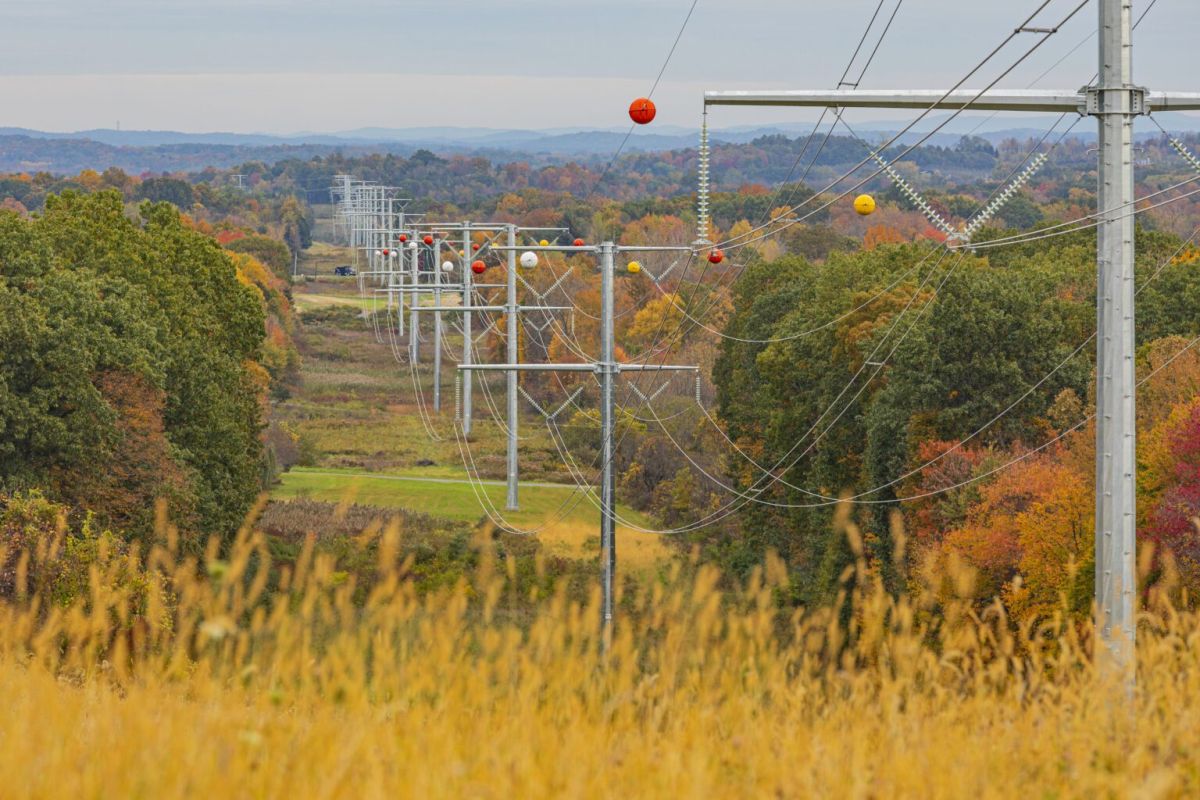WWW.UTILITYDIVE.COM
Climate change, rising energy demand and natural gas dependence mean “a massive grid disruption is inevitable,” said Mark Spurr, legislative director at the International District Energy Association.
Dive Brief:
- Much of the U.S. bulk power system faces an elevated risk of blackouts in extreme winter weather, the North American Electric Reliability Corp. warned in its 2023-2024 Winter Reliability Assessment, published Wednesday.
- A key issue is the availability of natural gas supplies for generation and the operation of gas-fired power plants, NERC said. During extreme weather, generators can face operating difficulties in frigid temperatures, supplies may be diverted for home heating, and gas production may slow due to wellhead and pipeline issues.
- NERC’s recommendations for the cold months ahead include for reliability coordinators to monitor fuel adequacy, generators to weatherize power plants and for balancing authorities to “pay particular attention to the risk of demand underestimation ahead of extreme winter conditions.”
Dive Insight:
Most of the North American electric grid can manage through normal peak winter conditions, but in extreme weather NERC said there are heightened risks extending across much of the eastern two-thirds of the continent.
“As observed in recent winter reliability events, over 20% of generating capacity has been forced off-line when freezing temperatures extend over parts of North America that are not typically exposed to such conditions,” the report warns. “When electricity supplies become constrained, [bulk power system] operators can face a simultaneous sharp increase in demand.”
The Federal Energy Regulatory Commission in February approved new cold weather reliability standards for U.S. generators. NERC proposed the standards in response to Winter Storm Uri in 2021, when Texas faced widespread blackouts and almost 250 people died.
“Additional cold weather standards recently adopted by NERC’s Board have been filed for FERC approval,” John Moura, NERC’s director of reliability assessments and performance analysis, said in a statement. “This is a positive development in ensuring industry is prepared for extreme cold weather.
Other issues NERC identified include the growing complexity of forecasting winter load and the curtailment of electricity transfers between reliability coordinators and balancing authorities.
“While the curtailments alleviate an issue in one part of the system, curtailments can contribute to supply shortages or affect local transmission system operations in another area,” NERC said.
NERC released its report ahead of a FERC technical conference today, focused on reliability. And on Monday FERC and NERC jointly published a final report on 2022’s Winter Storm Elliott, calling for “robust monitoring” of how the new cold weather reliability standards are implemented.
Todd Snitchler, president and CEO of the Electric Power Supply Association, said generators take those findings seriously, but added the Winter Storm Elliott report also concluded “no market model, region of the country, or fuel type is immune to the challenges experienced” during the event.
“A well-designed competitive power market, however, is the best foundation to serve power needs reliably and efficiently. Natural gas generation remains and will remain a vital component of a reliable system,” Snitchler said.
Retrieved from North American Electric Reliability Corp..
In the southern areas of the Midcontinent ISO market, NERC’s winter reliability report warned extreme cold-weather “can cause high generator outages from inadequate weatherization or insufficient natural gas fuel supplies.” In New England, gas transportation infrastructure could be constrained if fuel is diverted for consumer heating needs.
Across the PJM Interconnection territory and in some portions of the U.S. Southeast, severe cold can cause a spike in forced outages. “Forecasted peak demand has risen while resources have changed little in these areas since Winter Storm Elliot caused energy emergencies across the area in 2022,” NERC said. “Generators are vulnerable to derates and outages in extreme conditions.”
This winter’s anticipated reserve margin in the Southwest Power Pool is 38.8%, “more than 30 percentage points lower than last winter; this is driven by higher forecasted peak demand and less resource capacity,” NERC said.
The Electric Reliability Council of Texas, which manages most of the state’s grid, could see “a significant number” of forced outages in extreme cold temperatures, NERC said. Load growth is also driving a risk of reserve shortages, according to the report, though ERCOT has issued a request for proposals to increase operating reserves by 3,000 MW.
Saskatchewan Power, in Canada, could face insufficient operating reserves in normal peak conditions due to falling reserve margins, planned generator maintenance and the retirement of a 95 MW gas-fired unit.
‘Massive grid disruption is inevitable’
It is only a matter of time before a widespread grid disruption occurs, according to Mark Spurr, legislative director at the International District Energy Association and president of engineering and consulting firm FVB Energy.
Spurr pointed to a confluence of three trends: an increase in severe weather events due to climate change, rising peak electricity demand and a growing dependence on natural gas. “A massive grid disruption is inevitable,” he said, because those factors are “getting worse, not better.”
“We’re thrilled to see NERC acknowledge what everyone already knows: failure of fossil-fueled power plants, especially gas-fired ones, during the winter is the greatest threat to grid reliability today,” said Tom Rutigliano, senior advocate for the Sustainable FERC Project at the Natural Resources Defense Council.
But Rutigliano added that NERC’s focus on fuel supply risk “hides that the root cause is simply poor maintenance by power plant owners and the gas industry.”
“Grid operators must plan for the poor reliability gas plants have demonstrated time and again and hold non-performing plants accountable,” Rutigliano said. “Congress should follow FERC’s recommendation to set reliability standards for the gas industry.”
The National Rural Electric Cooperative Association warned the Environmental Protection Agency’s proposed limits on greenhouse gas emissions from coal-, gas- and oil-fired power plants could worsen the grid’s precarious situation.
NERC’s reliability assessment “shows that our nation faces looming grid reliability challenges while demand for electricity continues to soar,” NRECA CEO Jim Matheson said in a statement. EPA’s “unlawful, unrealistic and unachievable proposal will result in less electricity, more power outages and higher costs for American families and businesses.”










